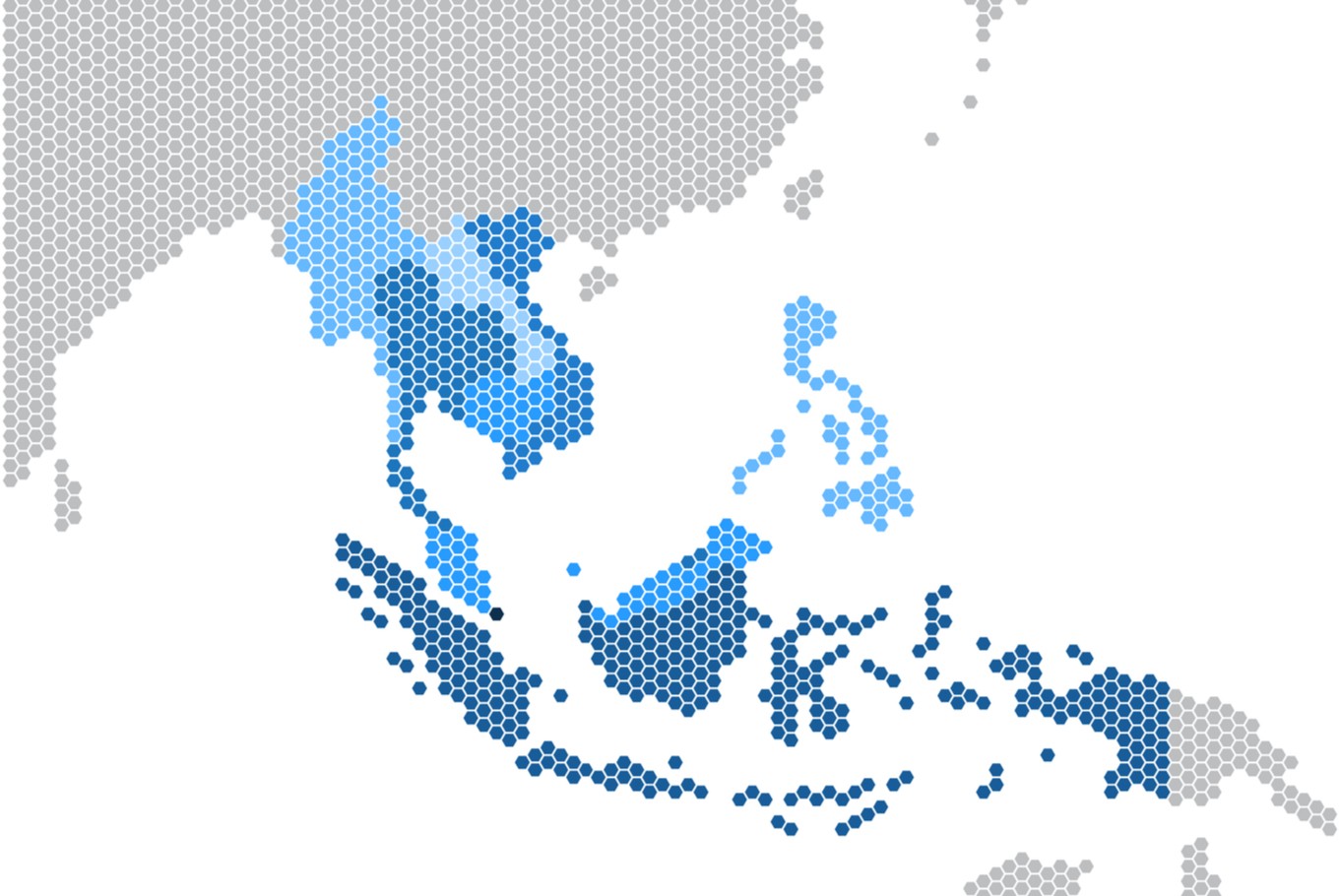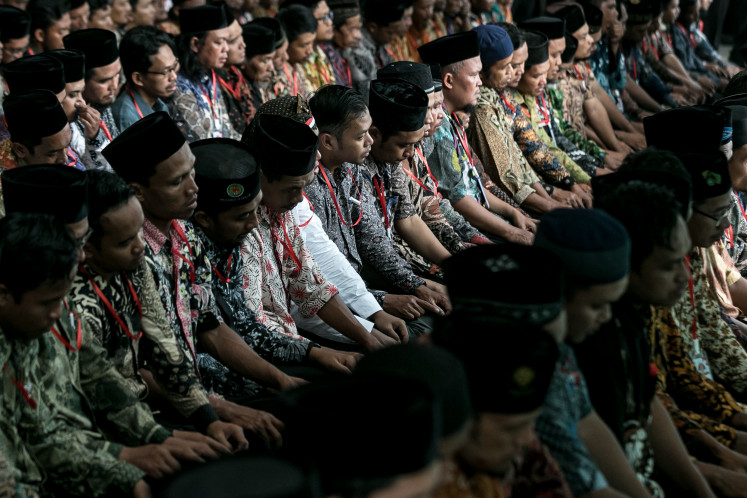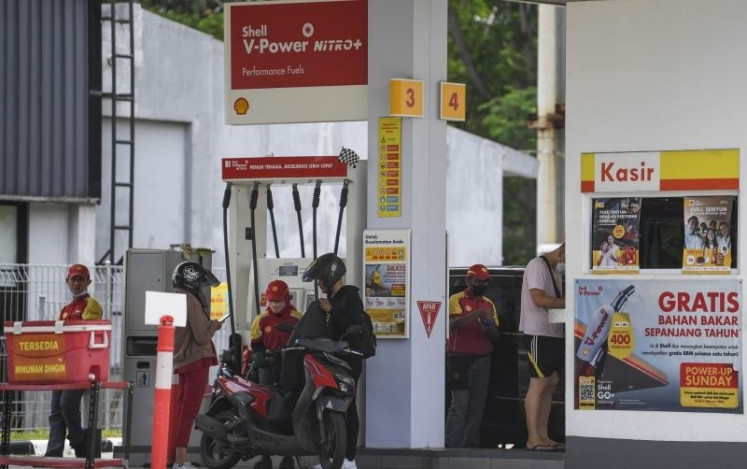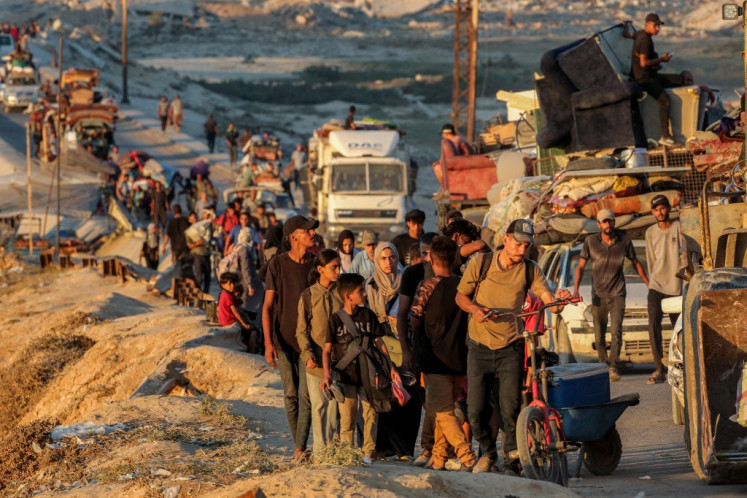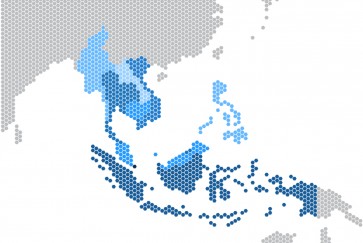Popular Reads
Top Results
Can't find what you're looking for?
View all search resultsPopular Reads
Top Results
Can't find what you're looking for?
View all search resultsInclusive Indo-Pacific must not exclude small states
Inclusivity, a key component of the Indo-Pacific Outlook, is important if the concept is to get off the ground and be widely accepted by countries that fall within the newly defined region. #opinion
Change text size
Gift Premium Articles
to Anyone
I
ndo-Pacific is buzzing across the region. Government officials, diplomats and scholars are debating the merits and demerits of five proposed concepts: the Indo-Pacific Command (Indo-Pacom) of the United States, Japan’s Free and Open Indo-Pacific Strategy (FOIP), Australia’s Stable and Prosperous Indo-Pacific, India’s Security and Growth for All in the Region (SAGAR), and last but not least, the ASEAN Indo-Pacific Outlook.
Each comes with its own approaches and interests, but the common thread running through all five is the central role they assign to ASEAN.
Time will tell which of these concepts will be accepted as the basis for a regional architecture to build peace, stability and prosperity.
The ASEAN Indo-Pacific Outlook, still being hammered out by the 10 member countries, has an advantage over the other four concepts because it has a platform to build on: The East Asia Summit (EAS), founded in 2005, which now includes all ASEAN states as well as Australia, China, Japan, India, New Zealand, the Republic of Korea, Russia and the US.
Inclusivity, a key component of the Indo-Pacific Outlook, is important if the concept is to get off the ground and be widely accepted by countries that fall within the newly defined region.
That also means bringing into the conversation the small countries that have equal stake and strategic interests in the future of the region.
The region is home to 59 countries with different levels of economic development, ranging from those with gross domestic product (GDP) above US$1 trillion, like the US, China, Japan, South Korea and Indonesia, to many midsize economies, but also tiny ones like Tuvalu with GDP of $39.73 million.

